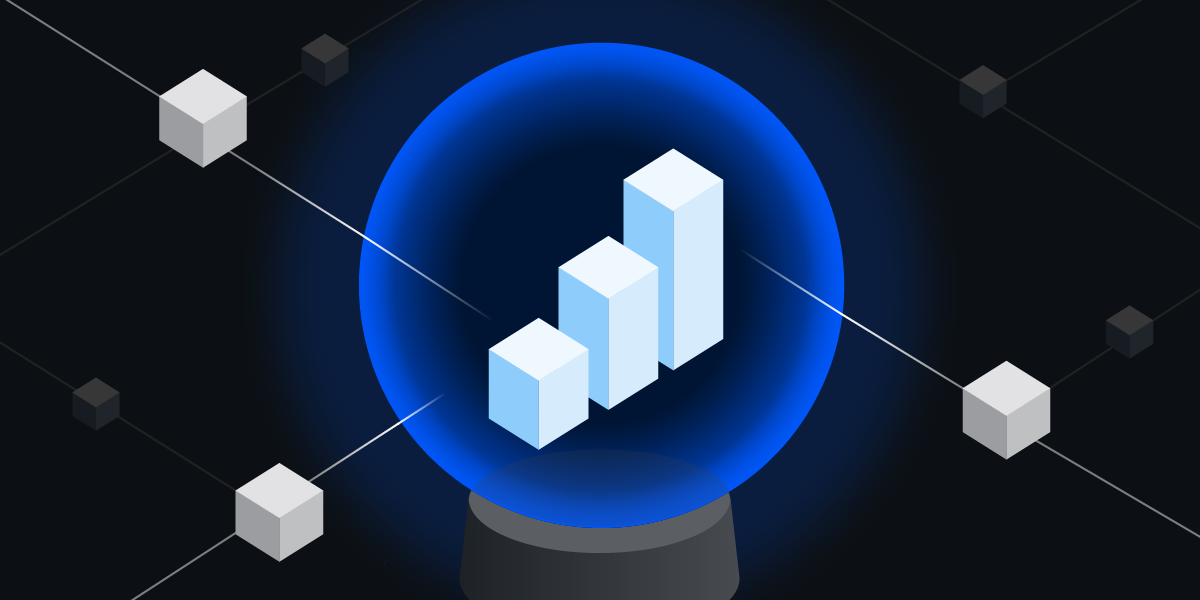Will AI Eliminate Digital Marketing Roles? CTO Yang Han Doesn’t Think So

Artificial Intelligence (AI) is making a tremendous impact on digital marketing. We may not always be aware of it, but many of the tools and applications we use today leverage some sort of AI. Understandably, marketers are worried that the same technology that makes their lives easier may land them out of a job. Should they be worried? Let’s take a look at exactly what AI is capable of… and what it isn’t.
What is Natural Language Processing
Let’s start with Natural Language Processing (NLP). The proliferation of online articles and conversations has allowed machines to crack the code of language and its meaning. This has spawned many new innovative applications, the most popular of which are chatbots that help automate conversation.
Specific examples include Q&A systems, virtual assistants, automated content summarization, content extraction, sentiment analysis, language detection/translation, and even automated content creation. In these scenarios where content can be analyzed or predicted, a machine can completely replace a human.
What is Image Recognition
Another key innovation in AI is image recognition. As the internet stores billions of images, machines are now able to detect patterns allowing them to understand the meaning behind a given image.
Understanding what an image means is a powerful tool for many systems. It can be used to automatically find and recommend relevant images, detect sentiment in images, and help classify content.
What is Voice Recognition
Similarly, we have seen tremendous progress in the area of voice recognition, which is used in voice-activated AI. The most popular examples are Google Home, Amazon Echo, and Apple’s Siri Home. The potential in this area is incredible, however, the technology is still new and there are limitations to what the machine can understand.
How AI Will Impact Personalization
Companies are also storing billions of user-related data points, such as online activity and browsing behaviour. This has allowed machines to gain deep insights and understand people in distinct ways. Researchers have found that Facebook probably knows more about you than your friends and family. In advertising, this data is valuable in targeting the ideal profile of users at the right time and the right place.
This data can then be combined with NLP and image recognition to create a highly personalized ad, where AI can form variations of headlines and images and automatically A/B test to find the best combination.
As a result, AI has allowed various industries, especially marketing, to focus more on unique and personalized experiences.
The combination of understanding users and automating conversations and content can be applied in many ways. More and more companies are innovating by building software that allows users to apply AI more easily. As a result, we gain powerful tools that help us automate and do a lot of the heavy lifting for us, and ultimately make our life easier as a marketer.
Future of AI
The technology is there to handle the execution, from reaching specific audiences, personalizing content, running automated A/B tests, and much more. But AI is not nearly advanced enough to create high-level creative execution—at least not yet.
AI is not set to replace jobs anytime soon. As we head into the future, manual and operational tasks will slowly get replaced by new AI applications that appear on the market each year. But this is good news! It will leave marketers to focus their attention on what they do best—coming up with creative ways to connect with their audience in a human way.



